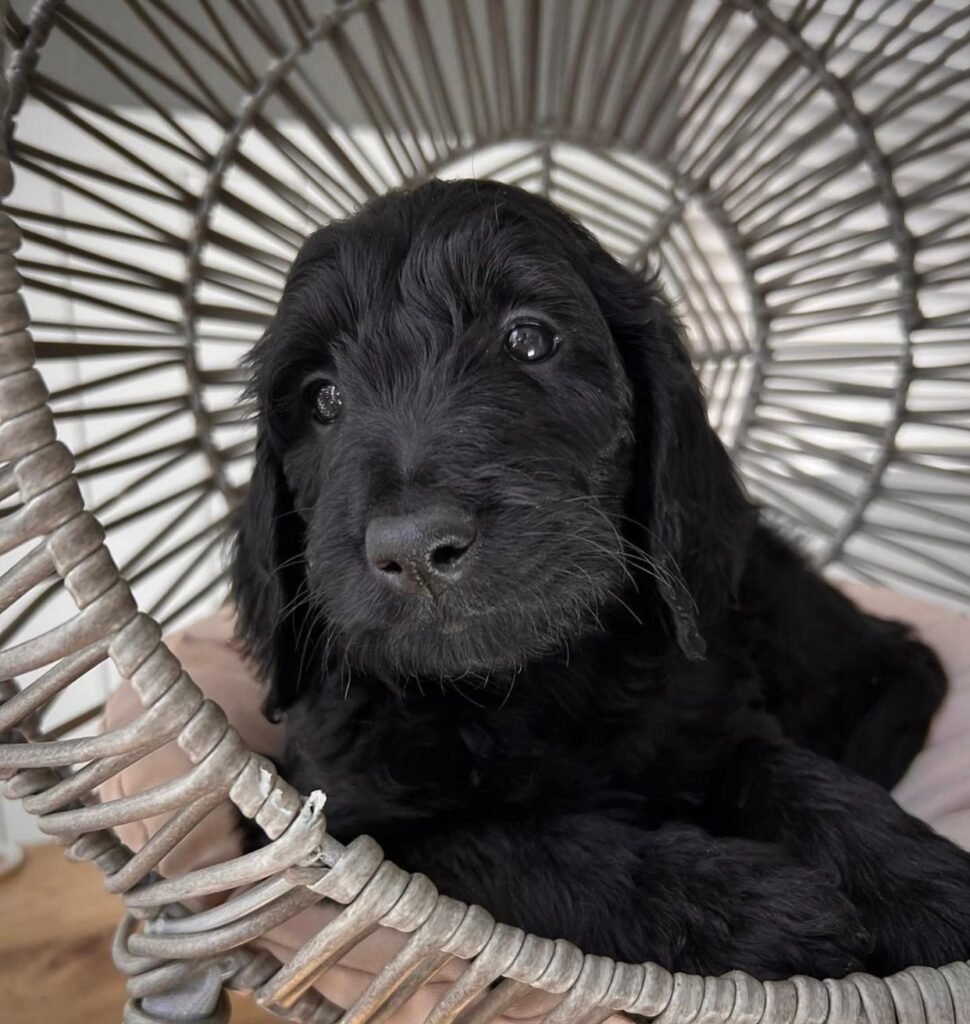
Why Is My Maltipoo Barking So Much
If you’re asking, “Why is my Maltipoo barking so much?”, you’re not alone. Maltipoos are known for their lively and vocal personalities, and sometimes their barking can become a bit overwhelming. Understanding why your Maltipoo is barking frequently is the first step to managing the behavior effectively and maintaining peace in your home.
In this detailed post, we’ll explore the common reasons behind excessive barking in Maltipoos, behavioral and environmental factors influencing this trait, and practical tips on how to reduce unwanted barking. We’ll also discuss related keywords like “Maltipoo barking problems” and “how to stop Maltipoo barking.”

Key Takeaways
- Maltipoos bark to communicate, alert, or express emotions.
- Excessive barking often stems from boredom, anxiety, or lack of training.
- Identifying the cause of barking is crucial to addressing it properly.
- Consistent training, mental stimulation, and exercise reduce barking.
- Health issues can also contribute to increased vocalization.
- Patience and positive reinforcement work best to curb barking.
- For health-related concerns, consult trusted sources like the AKC’s guide on luxating patella.
Why Do Maltipoos Bark So Much? Understanding Their Communication
Barking is a natural way for dogs to communicate. Maltipoos, being a mix of Maltese and Poodle, inherit a tendency to be alert and vocal. They use barking to express various feelings and reactions, including:
- Alert Barking: To warn you about strangers, noises, or unusual activity.
- Attention-Seeking: To get your focus or playtime.
- Boredom or Loneliness: When left alone or under-stimulated.
- Fear or Anxiety: Reacting to stressful or unfamiliar situations.
- Excitement: During play or when greeting family members.

Recognizing the reason behind your Maltipoo’s barking is essential to address it effectively.
Similar Focus Keywords: Maltipoo Barking Problems and How to Stop Maltipoo Barking
Many owners searching for solutions use phrases like “Maltipoo barking problems” or “how to stop Maltipoo barking.” These searches reflect a desire to understand the root causes and find training methods tailored to this breed’s personality.
Addressing barking issues usually involves a combination of training, exercise, and environmental enrichment. Positive reinforcement helps your Maltipoo learn when barking is appropriate and when it’s time to be quiet.
Common Reasons for Excessive Barking in Maltipoos
1. Lack of Exercise and Mental Stimulation
Maltipoos are energetic and intelligent dogs. Without enough physical activity and mental challenges, they may bark out of frustration or boredom.
2. Separation Anxiety
Many Maltipoos form strong bonds with their owners. When left alone, they may bark excessively due to anxiety or fear of being isolated.
3. Territorial Behavior
Barking at passersby or other animals can be a territorial response. Your Maltipoo is trying to protect their space.
4. Attention-Seeking Behavior
If your dog learns that barking results in your attention, even if it’s negative, they might bark more to get noticed.
5. Reaction to Environmental Stimuli
Sounds like sirens, doorbells, or other dogs barking may trigger your Maltipoo to bark.
6. Health Issues
Discomfort or pain can cause increased vocalization. Small breeds like Maltipoos can have conditions such as luxating patella affecting their mood and behavior.
How to Stop Your Maltipoo from Barking Excessively
Identify the Cause

Observe when and why your Maltipoo barks. Understanding triggers helps tailor your response.
Provide Enough Exercise
Daily walks, playtime, and interactive toys burn energy and reduce boredom.
Train a “Quiet” Command
Teach your Maltipoo to respond to a cue to stop barking. Reward silence generously.
Avoid Reinforcing Barking
Do not reward barking with attention or treats. Instead, praise calm behavior.
Use Distraction Techniques
Redirect barking with commands, toys, or activities.
Socialize Your Maltipoo
Expose your dog to different environments and sounds to reduce sensitivity.
Consider Professional Help
If barking stems from anxiety or behavioral issues, a trainer or vet can assist.
Check Health Status
Consult your vet to rule out pain or illness, especially if barking is new or increased suddenly.
Conclusion: Understanding and Managing Your Maltipoo’s Barking
Maltipoos bark to communicate, but excessive barking can be challenging. By identifying why your Maltipoo barks so much and applying consistent training and enrichment, you can manage their vocal tendencies effectively.
Remember, patience and positive reinforcement are your best tools. If health concerns arise, always seek veterinary advice. Managing barking isn’t about silencing your dog—it’s about teaching appropriate communication.
Frequently Asked Question (FAQ)
Q: Can training really stop my Maltipoo’s barking?

A: Yes! Consistent, positive reinforcement training can significantly reduce unwanted barking. Teaching commands like “quiet,” providing enough exercise, and avoiding rewarding barking help your Maltipoo learn when it’s appropriate to be vocal.
For more information about health issues that can impact your Maltipoo’s behavior, including joint problems, visit the AKC’s luxating patella guide.




